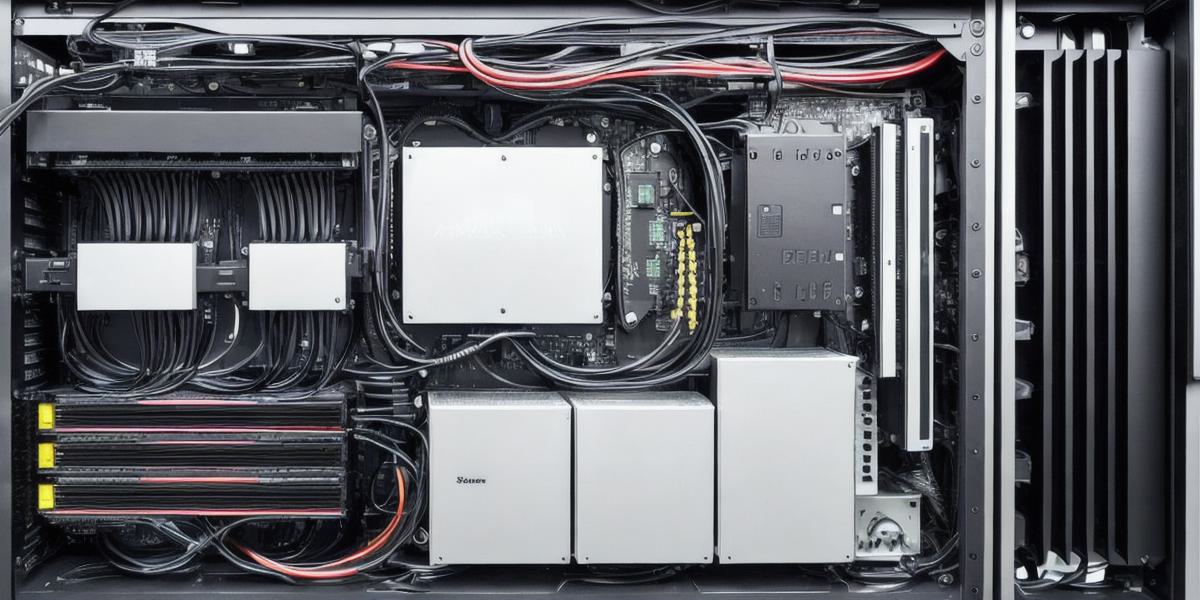Buying a Server for Your Home: A Decision-Making Guide for Programmers

Are you a programmer looking to upgrade your home network? Are you tired of slow internet speeds and dropped connections? If so, it may be time to consider buying a server for your home. In this guide, we will explore the pros and cons of owning a home server, as well as provide tips on how to choose the right one for your needs.
Pros of Owning a Home Server
- Control: By owning your own server, you have complete control over your network and can configure it to meet your specific needs.
- Security: A home server provides an extra layer of security, allowing you to store important files and data on a secure, private network.
- Customization: With a home server, you can customize your network by installing the software and applications that best suit your needs.
Cons of Owning a Home Server
- Cost: A home server can be expensive to purchase and maintain. You will need to consider the cost of hardware, software, electricity, and maintenance when deciding whether to buy one.
- Technical Skills: A home server requires technical skills to set up and maintain. If you are not comfortable with technology, it may be better to choose a managed service provider.
- Maintenance: Owning a home server means that you will be responsible for maintaining it, which includes updating software, backups, and troubleshooting issues.
How to Choose the Right Home Server
When choosing a home server, there are several factors to consider:
- Budget: Determine how much you are willing to spend on a home server. There are options available at every price point.
- Usage: Consider how much data you need to store and the number of users who will be accessing the network. This will help you determine the size of the server you need.
- Reliability: Look for a server that is reliable and has good uptime. A server with a high uptime will ensure that your network is always available when you need it.
- Ease of Use: Choose a server that is easy to set up and use, even if you are not an expert in technology. This will help you save time and avoid frustration.
Real-Life Example
Let’s take a look at a real-life example of a programmer who decided to buy a home server. John is a freelance programmer who works from home. He was tired of slow internet speeds and dropped connections, which made it difficult for him to work effectively. He decided to buy a home server to upgrade his network and gain more control over his data. He chose a small, affordable server that was easy to set up and use. Since then, he has noticed a significant improvement in his internet speed and productivity.
Conclusion
Buying a home server can be a great option for programmers looking to upgrade their network and gain more control over their data. However, it’s important to carefully consider the pros and cons and choose the right server for your needs. With the right setup and maintenance, a home server can provide a reliable and secure network that will help you work more effectively and efficiently.
FAQs
- What is a home server? A home server is a computer that is used to store and manage files and data on a private network.
- How much does a home server cost? The cost of a home server can vary depending on the size, brand, and features. There are options available at every price point.
- Do I need technical skills to own a home server? While it’s helpful to have some technical skills, there are many resources available online that can help you set up and use a home server.
- How do I maintain a home server? Maintaining a home server involves updating software, backups, and troubleshooting issues. It’s important to keep your server








